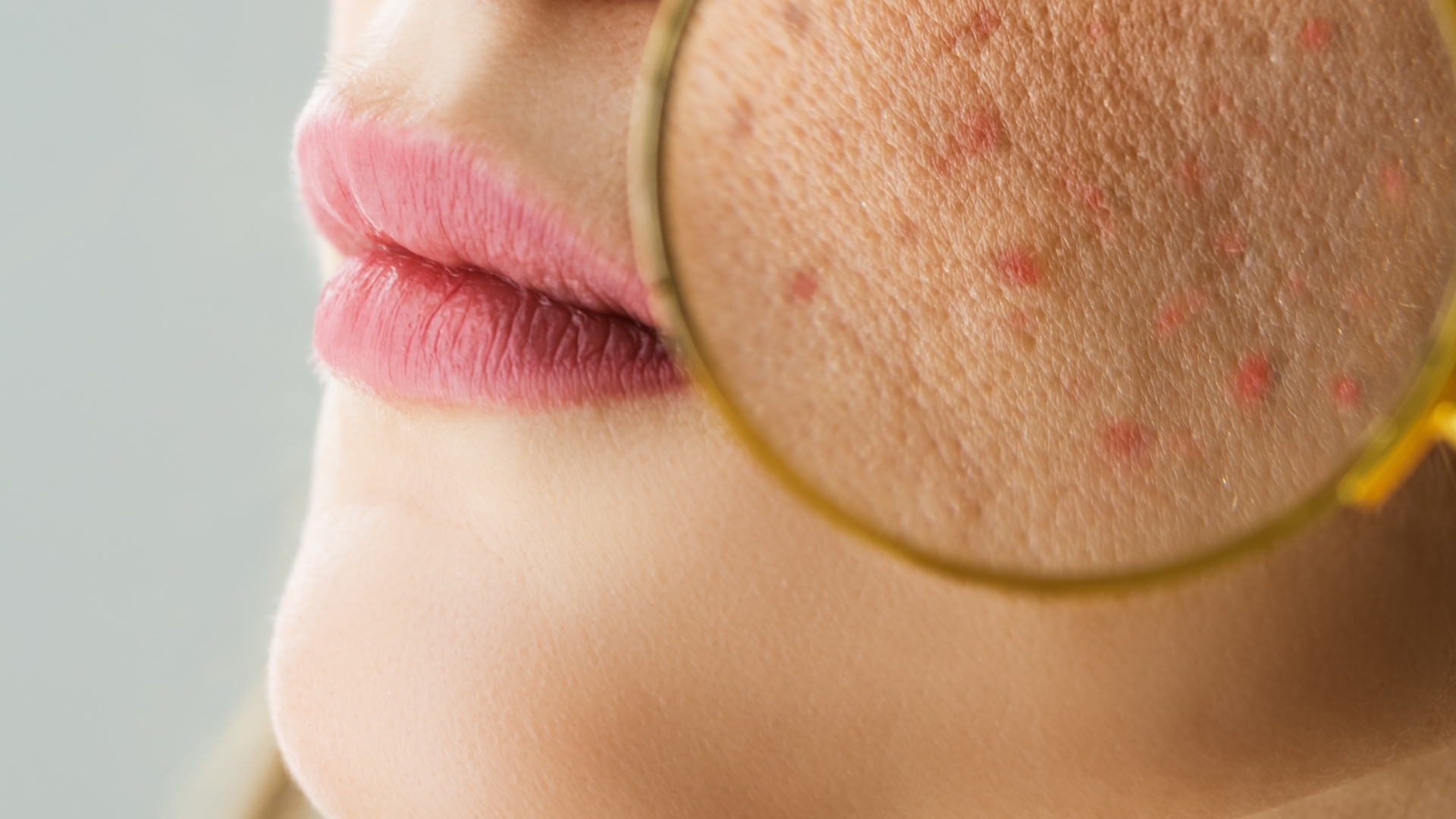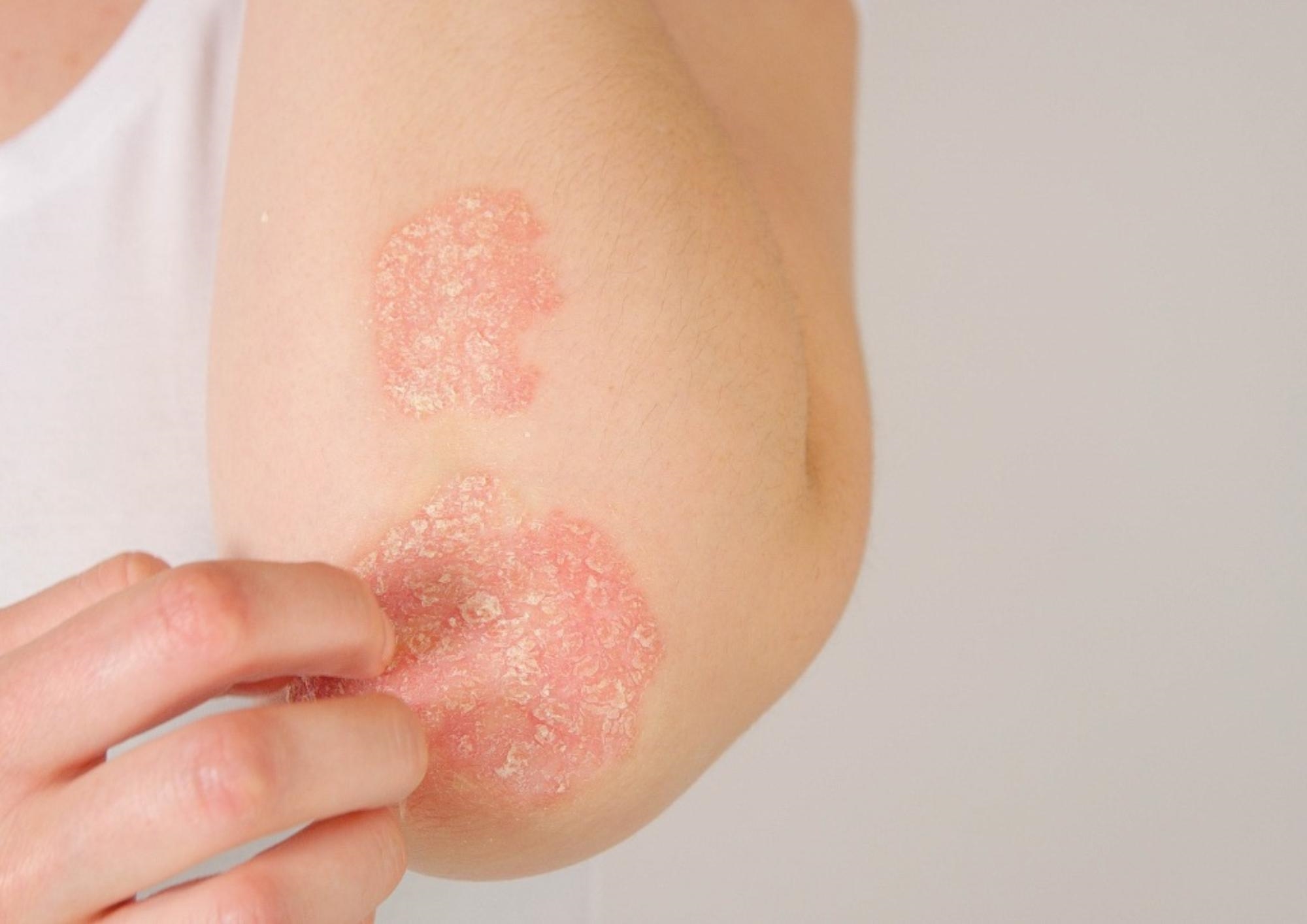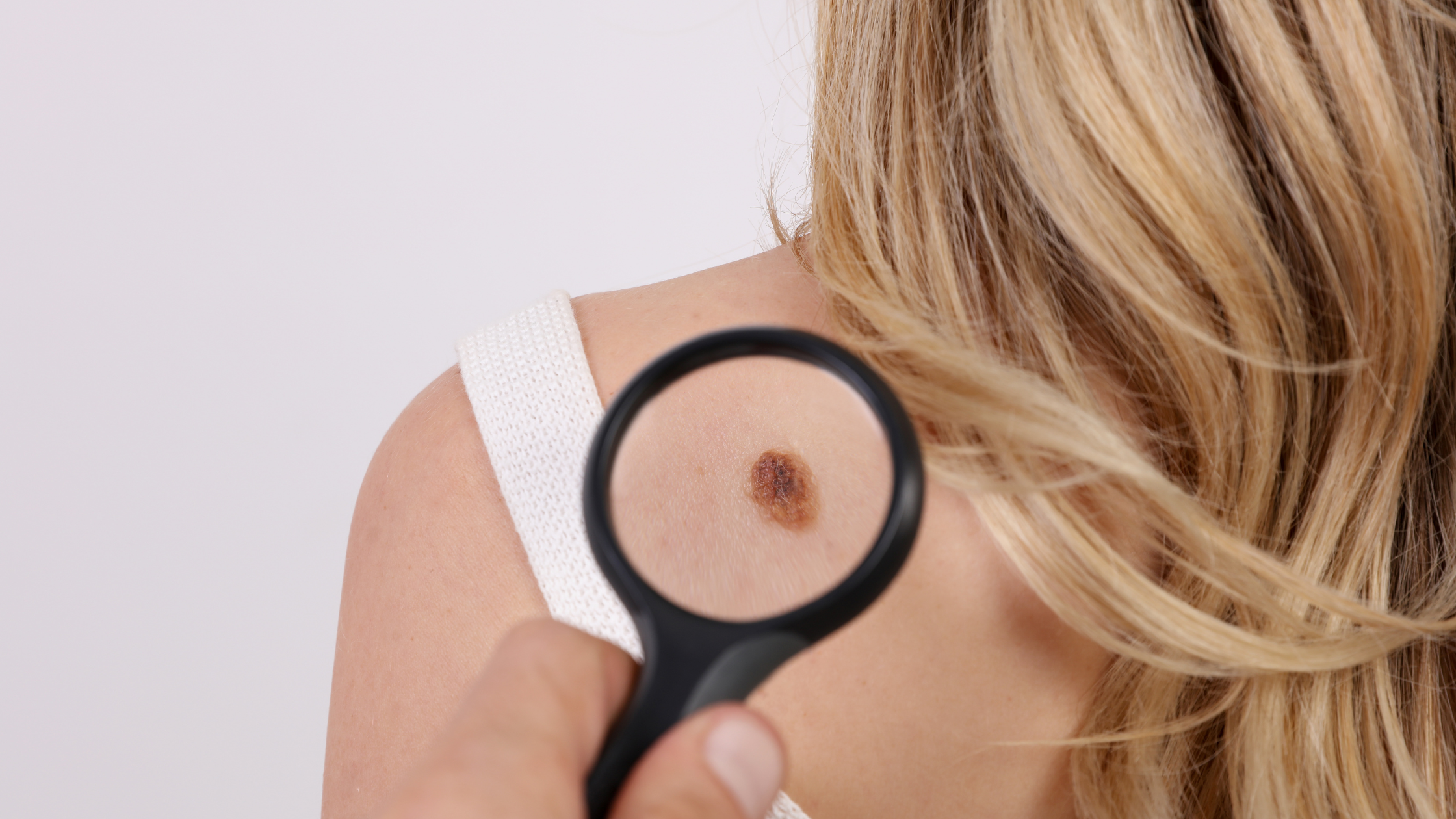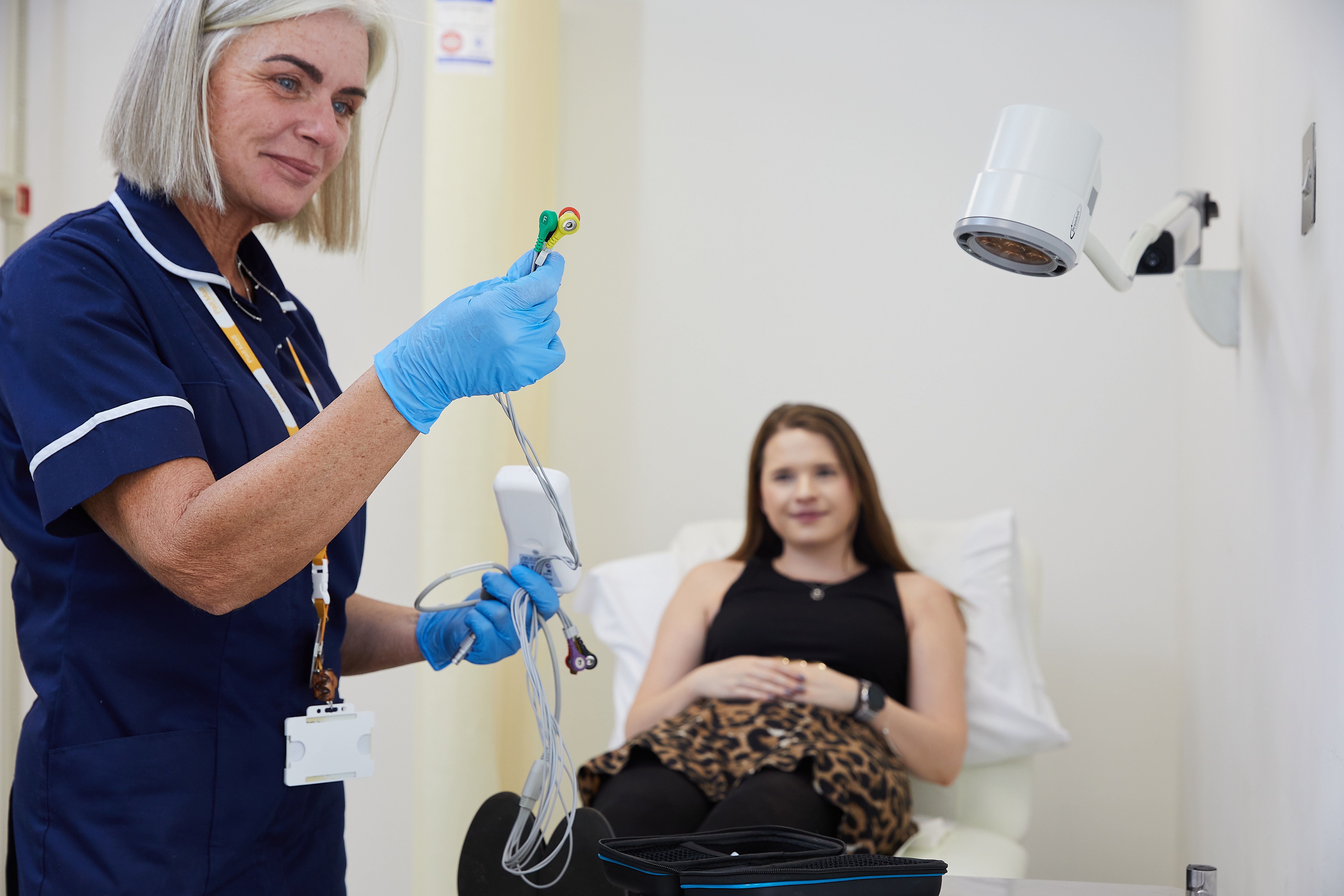
- No waiting lists
- Personalised consultations
- Appointments 6 days a week including evenings
- Private dermatologist clinics in the North West
- Spread the cost of skin treatment
Meet our Consultant Dermatologists
Our board-certified, private Dermatologists have had specialist training in the field, with years of experience treating every skin condition you can think of.

Step one: Make a enquiry
From the moment you get in touch, our team is here to support you. We take the time to listen, understand your concerns, and connect you with the right consultant for your needs.

Step Two: Get the answers you deserve
Your journey toward personalised care continues with an in-depth consultation with one of our dermatology specialists. This is a dedicated appointment where you can discuss your symptoms and medical history in detail. Our experts take the time to listen, ask thoughtful questions, and understand both your skin concerns and how they may be affecting your well-being.
Step Three: Same day diagnosis tests
At Pall Mall Medical, we understand how stressful waiting for health answers can be. That’s why, after your initial consultation with our dermatologist, we offer the convenience of completing all necessary tests and scans on the same day, right here on-site.

Step Four: Personalised Treatment and Aftercare
Your personalised treatment plan is designed around you - your needs, lifestyle and goals. We consider not just your symptoms, but also how they affect your daily life. And our support continues beyond your appointment, with our friendly aftercare team guiding and reassuring you every step of the way.
Have a more serious health issue?
Health scares, such as transmissible skin disease, skin cancer, or chronic skin issues, can also be treated by our Consultant Dermatologists.
If you are carrying around the burden of a skin disease or condition, losing your hair, losing confidence and need advice on a diagnosis, don’t suffer in silence. There are remedies for most conditions, and even just talking to someone can help.
Conditions such as psoriasis, eczema, rosacea, and dermatitis can worsen over time if they are not addressed. Hair loss and scalp conditions like seborrheic dermatitis, folliculitis, and cradle cap in infants can also be treated by a Dermatologist.
Common questions about Dermatology and skin conditions
Our expert team is always on hand to help, advise and arrange appointments with our specialist consultants.
What skin conditions can a private dermatologist at Pall Mall Medical diagnose and treat?
A private dermatologist at Pall Mall Medical can diagnose and treat a wide range of skin, hair, and nail conditions - including acne, eczema, psoriasis, rosacea, skin allergies, fungal infections, and suspicious moles and can perform diagnostic tests and tailored treatment plans.
How is private dermatology different from NHS dermatology care?
Private dermatology offers faster access to specialist appointments without NHS waiting lists, longer consultation times, personalised treatment plans, and flexible scheduling - ideal for conditions affecting quality of life or when waiting times are long.
Can I book a dermatology appointment without a GP referral?
Yes - you can book a dermatology appointment without a GP referral?
What should I bring to my first dermatology consultation?
Bring details of your symptoms, a list of any skincare products and medications you use, photos of your skin concern if it changes over time, and any previous test results - this helps the consultant assess your condition accurately.
Can I spread the cost of a dermatology treatment or consultation?
Yes. Pall Mall offers flexible medical finance plans and interest-free instalment options to spread the cost.
What should I do if my skin condition suddenly worsens?
If your symptoms worsen quickly, become painful, bleed, or show signs of infection (increasing redness, swelling, or discharge), seek urgent medical advice, you can contact Pall Mall Medical for a dermatology appointment or, if severe, go to urgent care.
How do I know if a mole needs to be checked by a Dermatologist?
If you have any new or existing moles that change in size, shape or appearance, you can use the ABCDE rule to check if you need to get them checked by a Dermatologist.
Asymmetry
Borders (the outer edges are uneven)
Colour (dark black or multiple colours)
Diameter (greater than 6mm)
- Evolving (change in size, shape or colour)
How long does it take to get results from skin tests or biopsies?
If a skin biopsy or diagnostic test is performed, results from histology typically follow within a short period, depending on processing times. Your dermatologist will explain timelines and next steps at your appointment
Can dermatologists treat cosmetic concerns as well as medical conditions?
Yes, dermatologists at Pall Mall Medical can address cosmetic concerns like acne scarring, milia, skin tags and uneven pigmentation, often combining medical and aesthetic approaches based on patient needs.
What age range can be treated by Pall Mall dermatologists?
Pall Mall dermatologists treat both adults and younger patients with inflammatory, infectious, or chronic skin conditions, tailoring treatments to age, severity and health profile.
Will I get a personalised treatment plan after my first visit?
Yes, after a thorough assessment of your skin, medical history, and any tests, your dermatologist will create a tailored treatment plan designed for long‑term management and symptom control.
Enquire About Our Services
A member of our team will be in touch with you to discuss your requirements.

















